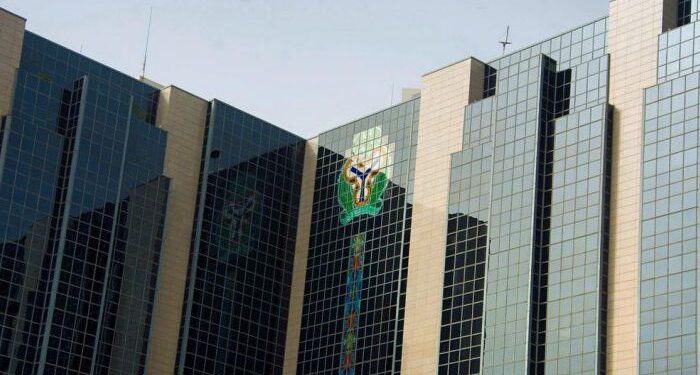The Central Bank of Nigeria (CBN) has intensified its drive to deepen financial inclusion in the country by organising a financial literacy fair aimed at promoting alternative payment channels and other innovative banking solutions. The event, which attracted stakeholders from the banking sector, fintech companies, small business owners, and members of the public, was designed to raise awareness about accessible, affordable, and secure financial services for all Nigerians, regardless of location or income level.
Speaking at the fair, CBN officials explained that the initiative aligns with the bank’s strategic plan to bridge the financial inclusion gap, particularly in rural and underserved communities. They noted that while significant progress has been made in expanding access to financial services in recent years, millions of Nigerians remain excluded from the formal banking system, often due to geographical, technological, and literacy barriers.

The apex bank used the platform to highlight various alternative payment options, including mobile banking applications, USSD transactions, agency banking, digital wallets, and contactless payment systems. According to the CBN, these innovations are designed to simplify transactions, reduce the need for cash handling, and provide customers with convenient means of accessing funds and making payments, especially in areas with limited banking infrastructure.
CBN’s Director of Corporate Communications, Mrs. Hakama Sidi Ali, emphasised that financial inclusion is not just about opening bank accounts but about ensuring that individuals and businesses can use financial services effectively and confidently. She said the fair also served as an opportunity to educate people on the importance of savings, investment, insurance, credit facilities, and fraud prevention in the digital economy.
She added that the fair is part of a nationwide campaign to sensitise the public about the benefits of embracing formal financial services. The CBN believes that greater adoption of alternative payment channels will accelerate the transition toward a cashless economy, improve transparency, and stimulate economic growth.
Participants at the fair engaged with representatives from commercial banks, microfinance institutions, mobile money operators, and fintech start-ups, who showcased their products and services. Live demonstrations allowed attendees to see firsthand how to open accounts remotely, make digital transfers, pay bills electronically, and carry out other transactions without visiting a physical bank branch.
Some of the exhibitors, such as agency banking operators, explained how they are bridging the gap in rural areas by serving as local access points for deposits, withdrawals, and bill payments. Fintech firms also highlighted solutions that cater to unbanked and underbanked individuals, including simplified mobile wallet systems that require only basic feature phones to operate.
Several small business owners present at the event expressed optimism that adopting digital payment methods could help them expand their customer base and reduce security risks associated with carrying cash. Others noted that quicker, more reliable payment systems could improve business efficiency and reduce delays in completing transactions.
CBN officials stressed that promoting financial literacy remains central to their inclusion agenda. They pointed out that simply providing access to financial services is not enough without equipping users with the knowledge and confidence to use them effectively. The fair, they said, was structured to combine product awareness with practical training on financial management and digital security.
In addition to showcasing digital solutions, the event addressed some of the challenges slowing adoption, such as poor network coverage, low smartphone penetration, and resistance to change among some consumers. Stakeholders agreed that collaboration between the CBN, commercial banks, mobile network operators, and technology providers is essential to overcome these barriers.
The fair also reinforced the CBN’s commitment to protecting consumers in the evolving digital payments space. Officials reiterated that the apex bank is working closely with operators to strengthen cybersecurity measures, enforce transaction dispute resolution protocols, and ensure that financial services are delivered in a secure and transparent manner.
As part of the fair’s outreach efforts, attendees received informational materials in multiple languages to cater to Nigeria’s diverse population. This approach, according to organisers, ensures that financial education messages reach a broader audience, including those with limited proficiency in English.
Industry observers believe that events like the CBN financial inclusion fair are critical in accelerating Nigeria’s journey toward a fully inclusive financial ecosystem. They argue that as awareness and adoption of alternative payment systems grow, more citizens will be empowered to participate in the formal economy, fostering long-term economic resilience.
Looking ahead, the CBN has pledged to sustain its grassroots sensitisation programmes, expand partnerships with financial service providers, and introduce more targeted incentives to encourage the use of digital channels. The bank hopes that with consistent engagement, Nigeria can significantly reduce its unbanked population and fully harness the economic benefits of inclusive finance.
Support InfoStride News' Credible Journalism: Only credible journalism can guarantee a fair, accountable and transparent society, including democracy and government. It involves a lot of efforts and money. We need your support. Click here to Donate
